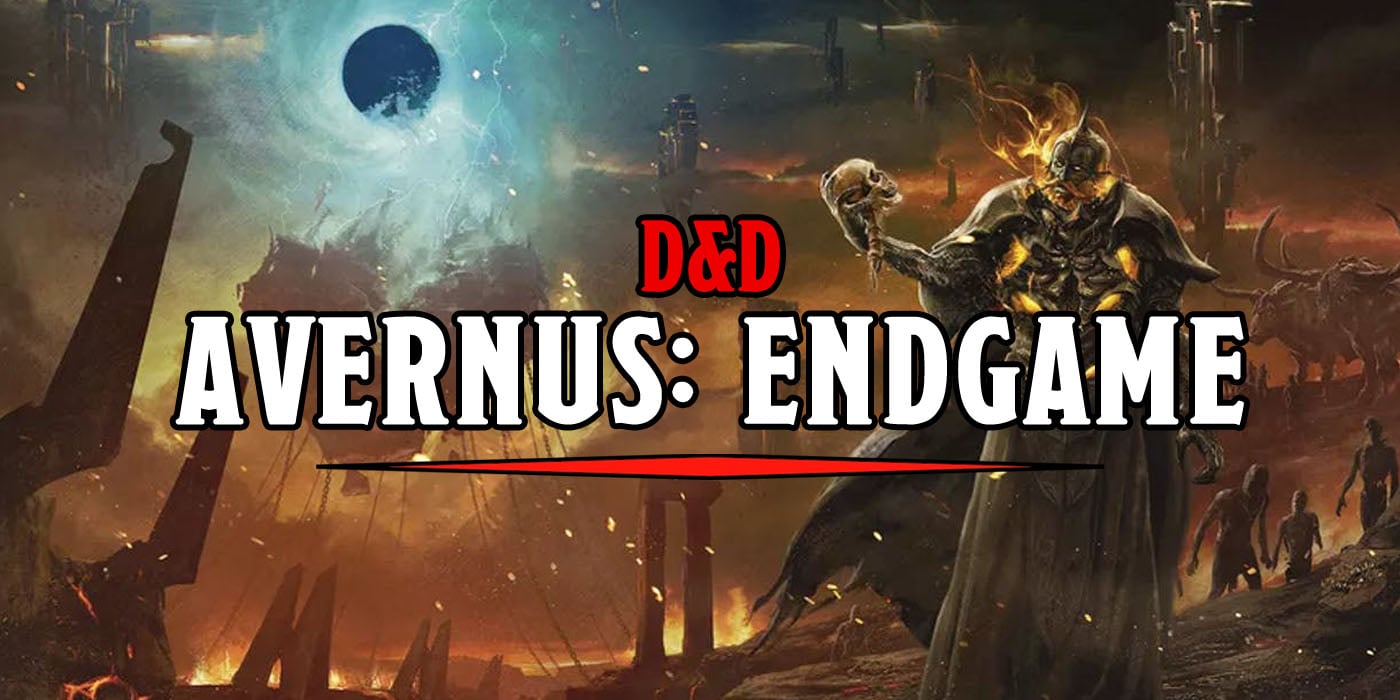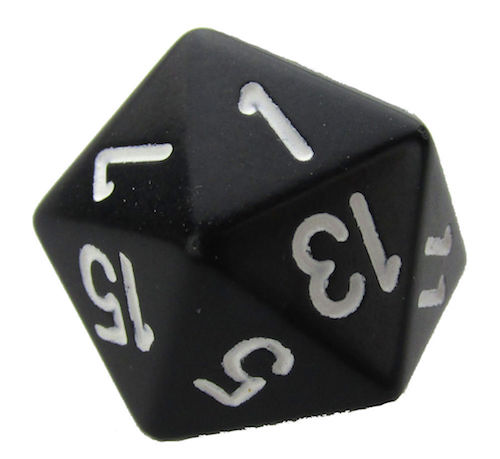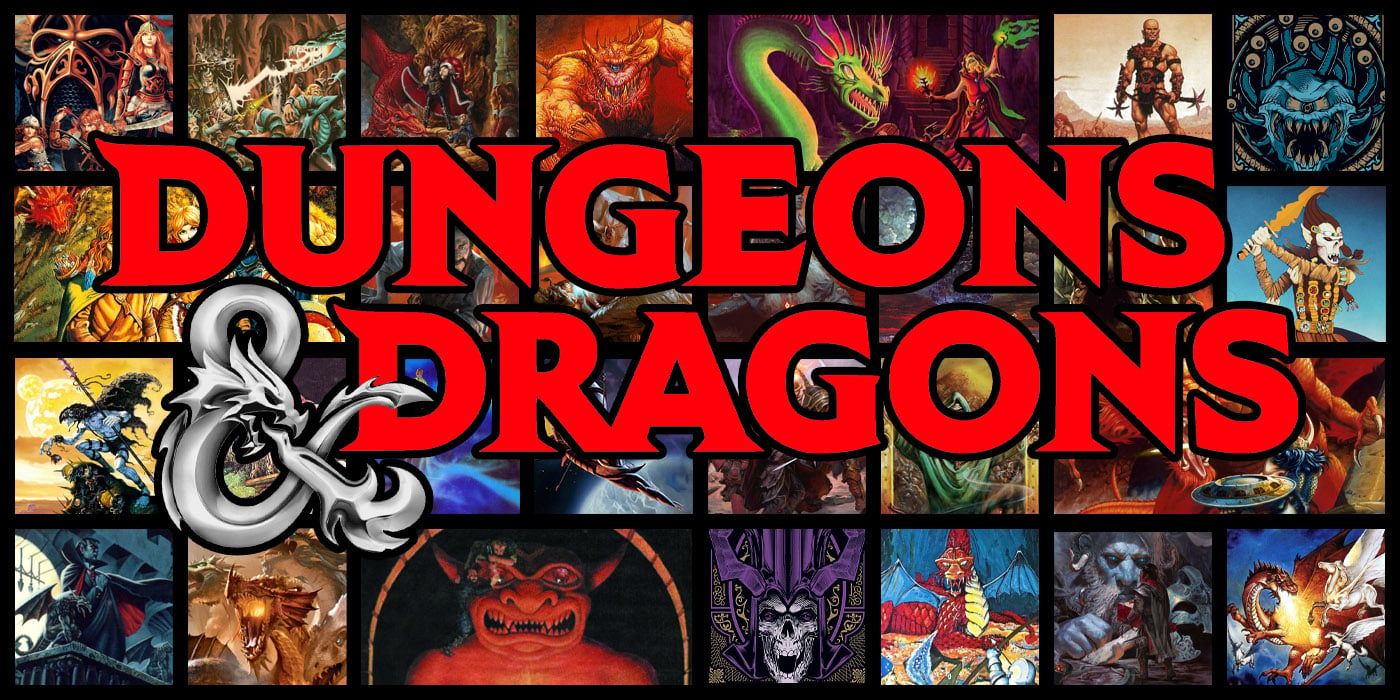D&D: Avernus Endgame Sticks The Landing And Then Some


The ending to Avernus is a change in the way D&D adventure modules are written. We’re going to talk about it, so be warned, spoilers ahoy!
Seriously though, we are going to be discussing the ending of Baldur’s Gate: Descent into Avernus because it is such a well-done and welcome take on the end of an adventure that could be a shift in how WotC is doing things–but it’s hard not to do that when you’re talking about the way the ending is set up to be big and awesome and [redacted]. So let’s fly out the ol’ spoiler warning flag so you know that what lies ahead is on your shoulders.
Alright is everyone else out of the room? Good. let’s talk about how this adventure ends, and why it’s so different from the other modules. In order to look at why its ending feels so satisfying we have to talk about the beginning, which I’ve been assured is a very good place to start. As we touched on in our review of Baldur’s Gate: Descent into Avernus, there are a few very simple goals you’re trying to accomplish: prevent Baldur’s Gate from getting dragged into Avernus and potentially rescue the now-fallen City of Elturel from its hellish fate.
Because these goals are fairly simple, there’s a lot of room for accomplishing them. And as players descend into Avernus, they’ll find themselves embroiled in side-quests, caught up in infernal politics, or possibly just start their own infernal mercenary company. There are a lot of things to do in hell, it turns out–and it’s entirely possible that you can play to the end of the adventure and not save Elturel. I can’t recall the last time I’ve read through an adventure module where the expectation was anything other than “the PCs accomplish their objectives and then go on to accomplish their next objective.” But even in the first chapter, where players are fighting to stop the spread of evil through the city of Baldur’s Gate, it’s entirely possible for them to miss important clues.
There are two big objects, the Shield of the Hidden Lord and an Infernal Puzzle box that both contain some very helpful tools for the adventure. They basically explain the plot, but even then, in Chapter 1 it acknowledges players might not find them. There are some solutions proposed (helpful NPCs or prisoners might lead the way) but even if they don’t figure it out, the events are broad enough that there’s still a path forward. Not even a natural 1 can stop you from moving forward. Which is great–sure things might be harder if you don’t find the special items. You won’t have as much information, but–you can still succeed.
The rest of the adventure embraces failure in much the same way. Whether you succeed or fail at certain events doesn’t determine if you can move forward, but rather determines how you move forward. That ethos is what sets up Avernus to feel satisfying at its end. The end doesn’t feel like a forgone conclusion that players are fumbling inevitably towards–but rather it feels like the way the adventure ends depends entirely on the decisions your party makes, the paths they pursue, and the success or failure of the characters. The ending is earned here.
Not to say that other adventures are bad–just that this is a very satisfying contrast, especially to something like Waterdeep: Dragon Heist where it is a foregone conclusion that the players will eventually find their way to a hoard of gold coins, guarded by a gold dragon. The variety in the adventure comes in the villain that you confront, and it’s all about racing to a goal–but the hoard is the endgame. There’s only one way that adventure can end, with the players getting the hoard (at least for a little while). It’s a lot of fun, but the ride has the same conclusion.
Compare that to Avernus’ ending, which could end in many different ways. There could be an epic confrontation for the fate of Elturel, the ensnared city; there could be an epic arc of redemption as Zariel is freed from her hellish form; the players might choose to ally with one of the lords of hell and slay Zariel outright to free the city; they might offer to serve Zariel in exchange for freedom. They could alternately try to redeem Zariel, fail, find themselves swearing fealty to Zariel and beset with tasks that the former archangel wishes (like slaying a demon lord).
The players could do an end-run around all the powers, and prove that mortals are mighty, as they free the city on their own power without any sort of divine or diabolical interference. They could trick a powerful demon into gnawing the city free of its infernal prison. Or the city could fall into the River Styx and emerge as soldiers in Zariel’s army. Or perhaps the characters oust the rulers and become potential rulers of hell in their own right–there are many many outcomes here. The goal is simple but open-ended, and success or failure doesn’t depend on killing a monster in combat (or being killed by it) the big final boss fights can have more at stake.
The party will likely survive, which means that the adventure ends and they’ll have had an experience that shapes cosmic history. And that’s something you don’t get every day. This adventure can set the canon for your next campaign, and it stands out as exemplary because of it. I don’t know if this is a writing trend we’ll see in future modules, but it feels like a departure from the normal Adventure Path style, and I hope that more adventures capture this flexible feeling where you earn an ending based on your choices.
People might compare this to endings like the options in Mass Effect 1 & 2 (and 9/10’s of 3), or a game like Knights of the Old Republic where you have a few big choices to make, but it feels like more than that. You get only an outline of how things might go to help you figure out how to make Descent into Avernus all about the party at your table. And that’s where RPGs are at their best. Even if you don’t play this adventure, I hope you take something from the end and look at how you’ll finish up your own campaign. Use some of these principles, and you’ll stick the landing.
Happy Adventuring!








